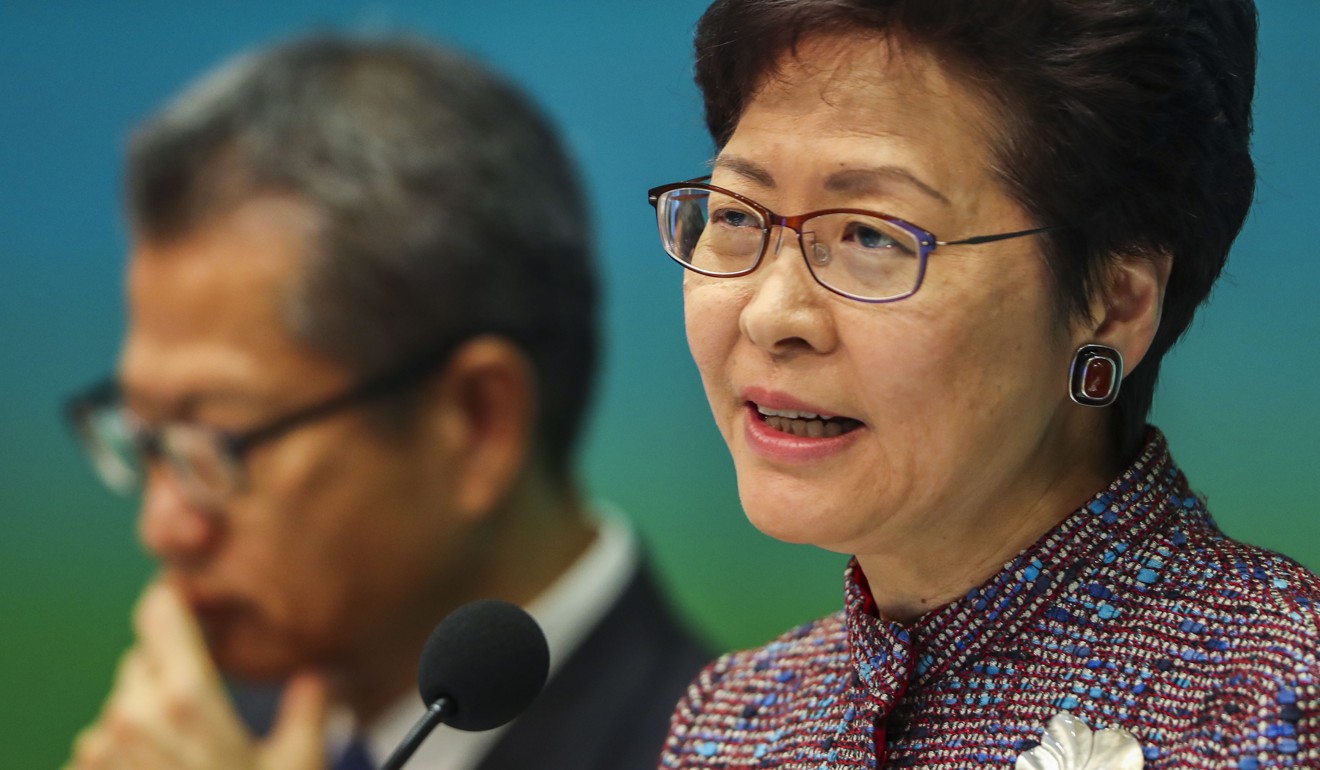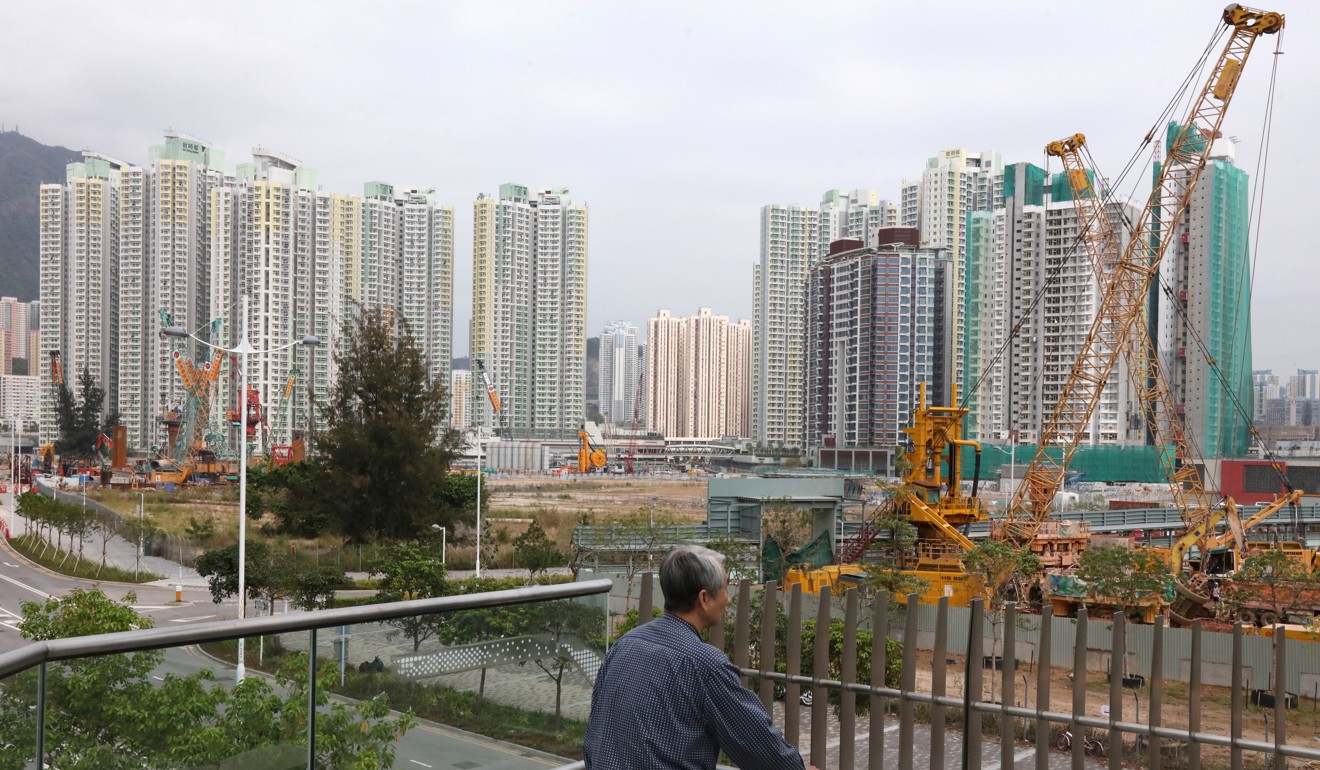
To give or not to give, that is the question: Financial Secretary Paul Chan faces some tough choices as budget day approaches
- The city’s own ‘God of Fortune’ must decide if cash handouts and help for first-time buyers is right move politically
- But conflicting views and the uncertainty created by the US-China trade war mean there are no simple answers
“Will you be giving cash handouts? What measures are you going to roll out to help first-time homebuyers?”
Somehow, these seem to have become the must-ask questions that the city’s own “God of Fortune” – the financial secretary – cannot avoid at this time of the year as he consults the public before finalising his budget for 2019.
The spending blueprint usually has two key parts: one involves immediate relief measures for the underprivileged, such as people on welfare or senior citizens in need, and for the general public so that ordinary people can have a happy sense of “sharing” in the city’s wealth through tax and rate rebates for the middle class, electricity bill refunds and so on; the other part concerns longer-term development, such as investments in key areas to demonstrate the government’s vision of the future.
However, it is always the immediate initiatives, or what the media describes as “sweeteners”, that make headlines and attract eyeballs. Why? Because they are more political.

Cash handouts and property-related incentives can be seen as having an immediate impact, but they are also political bets that can generate applause or provoke a backlash.
Financial Secretary Paul Chan Mo-po must find himself in such a dilemma every year, and 2019 is no exception, as the more he consults, the more conflicting views he receives.
Firstly, should he offer a cash handout or not?
The reasoning is simple for those who are against it: no matter how cash rich the government is, handouts should never become a taken-for-granted new normal, especially this year when the surplus will be drained as a result of the economic uncertainties caused by the US-China trade war.
But those who are for it have a valid point to argue: it is exactly because of such gloomy economic prospects ahead that the government must do more to help while it still has the money.
So, whom should Chan listen to?
Secondly, what should he do regarding the endless housing headache?
Finance chief Paul Chan hints at fewer sweeteners in 2019-20 Hong Kong budget
This is the time of the year when many desperate Hongkongers seeking to buy homes look to the budget for signals on whether it is a good time to purchase property and what help they can get, while developers monitor the spending blueprint closely so as to adjust their market strategy.
The key debate over the past week was on whether Chan should consider relaxing the current mortgage loan caps so as to allow easier down payment arrangements for first-time buyers.
The “yes” camp saw it as a timely move that Chan should make, but those opposed to the idea saw it as adding fuel to the fire in a crazed property market.
To make matters worse, this even triggered political gossip about the relationship between Chan and his boss, Chief Executive Carrie Lam Cheng Yuet-ngor, who came out to dismiss any possible change of mortgage restrictions for now. This, even though Lam is in favour of encouraging more home ownership and Chan is widely considered to be a cooperative financial secretary on major government initiatives.

The fact is, how the government should spend public money is very much a political – rather than financial – consideration. Chan knows it too well in crafting his budget, plus this city’s political parties are known for their flip-flopping in the name of reflecting public opinion when making their usual demands.
Good intentions do not necessarily produce good results. And he can never please everyone.
Chan has to make many hard political decisions, particularly in handling property-related and cash handout matters, when finalising his budget for next month.

